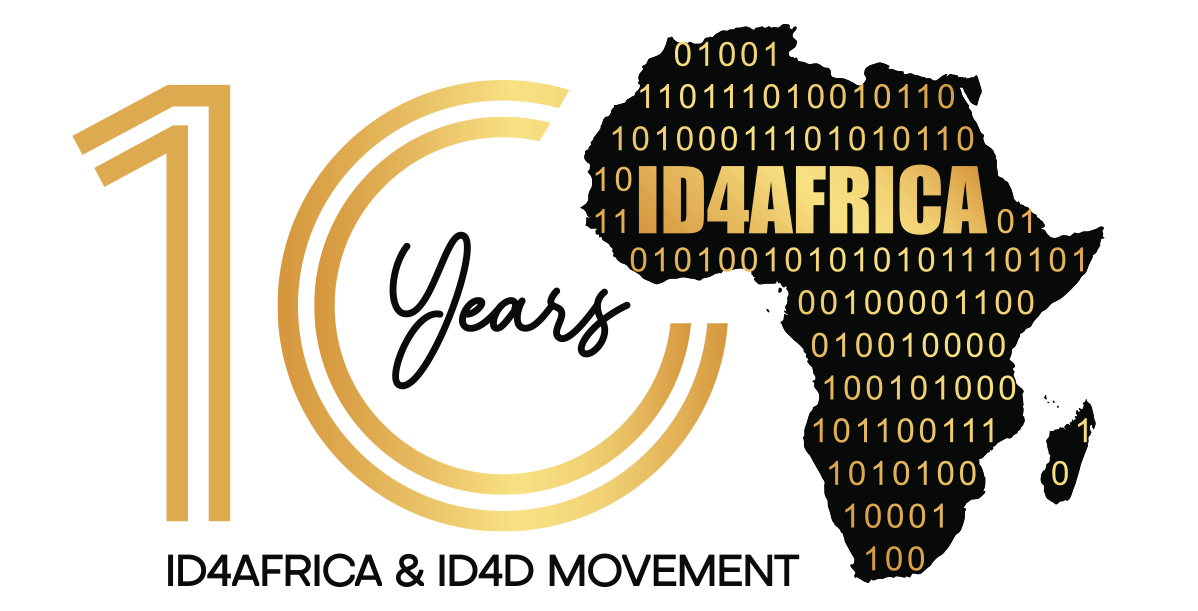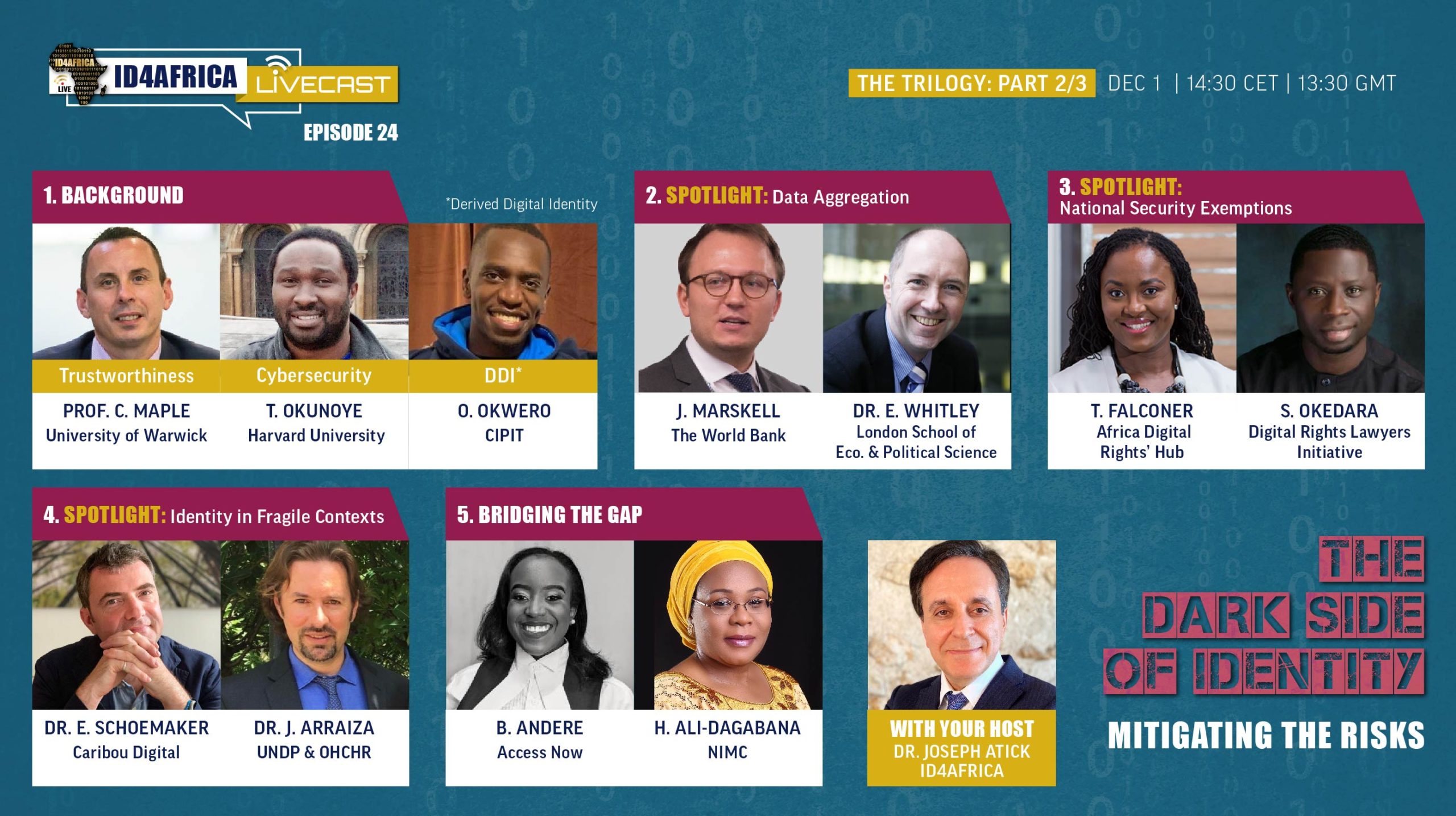
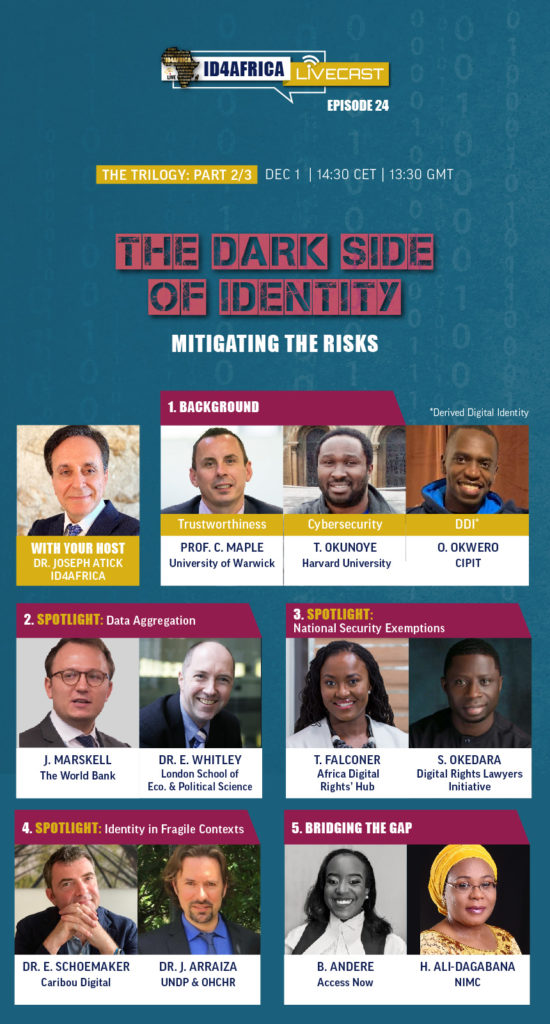
- 1 Dec. 2021
- 13:30 GMT
- Add to Calendar
- English & French
- Free of charge
- Space limited!
Share this LiveCast!

Previous episodes:
EP 21: Morocco & Lesotho Reports
EP 20: South Africa & Lesotho Reports
EP 19: Nigeria & Rwanda Reports
A Positive Dialogue to Combat Negative Outcomes
Digital identity systems are generally accepted as positive tools for social good. Nevertheless, they can pose several dangers and cause significant concerns.
In this 3-Part LiveCast series, ID4Africa aims to give voice to the broadest spectrum of opinions on the risks and harms of ID systems and to start a positive dialogue on how to best guardrail these systems so that they are rendered responsible and resistant to exploitation and abuse from potential nefarious actors.
On Dec 1st we continue with Part 2 of this Trilogy to further engage in constructive conversations around the risks of ID systems and their mitigation.
This set of discussions will focus on major themes of Data Risks and Identity in Fragile Contexts, with a special debate on Facts and Myths of ID systems.
- An Expository Documentary on “When ID Systems Raise Concerns.”
- Rights & risks assessment case study of 10 Africa ID systems.
- A presentation on the impact of race and gender on biometric performance.
- Multipanel discussions on root causes of exclusion & how to overcome it.
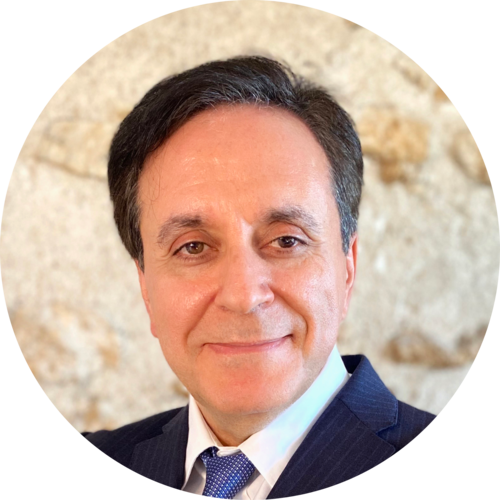
Dr. Joseph Atick
Executive Chairman ID4Africa
Dr. Joseph Atick is a recognized world renowned advocate and expert on identity matters. Having been one of the founders of the identity industry nearly 30 years ago, he led several companies in that domain and developed some of the foundational algorithms underlying secure digital identity today, including the first commercially viable face recognition algorithm.
Dr. Atick retired from the industry in 2010 to focus on promoting identity for social and economic development around the world. In that mission he partnered with the World Bank and other UN agencies, and was heavily involved in the development and field testing of the methodology and analytic tools that would guide the subsequent activities in that space, and would lead to the launch of the ID4D initiative at the World Bank.
In 2014, he co-founded ID4Africa as a pan-African Movement to promote responsible digital transformations through digital identity in Africa. He is a staunch defender of privacy, data protection and human rights and continues to provide counsel to governments and international organization on the use of identity for public good. Dr. Atick holds a Ph.D. in Mathematical Physics from Stanford University.
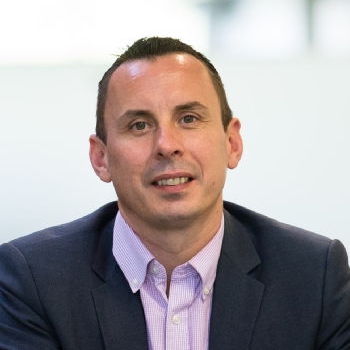
Prof. Carsten Maple
Professor of Cyber Systems Engineering, WMG University of Warwick
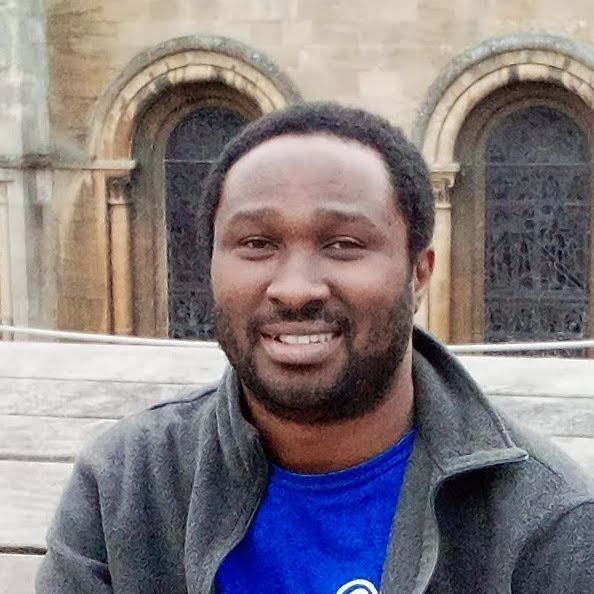
Tunde Okunoye
Research Affiliate, Berkman Klein Center for Internet and Society Harvard University
Tunde Okunoye is an Affiliate of the Berkman Klein Center for Internet and Society at Harvard University, where he was also a Fellow for the 2019/2020 academic session. He is also currently a postgraduate researcher in the Department of Journalism, Film and Television at the University of Johannesburg where he is researching the lived experiences of marginalized urban communities (slum dwellers) with biometric IDs. He worked for 5 years as Research Officer at Paradigm Initiative, a digital rights organization in Africa, where he focused on aspects of digital identity in Nigeria. In 2018 he was a Fellow of the African School on Internet Governance and in 2019 a Senior Fellow with the Tor Project.

Oscar Okwero
Cyber Security policy fellow
CIPIT

Jonathan Marskell
Senior Program Officer ID4D – World Bank
Jonathan is a Senior Program Officer based in Singapore with the World Bank Group’s cross-cutting Identification for Development (ID4D) initiative. He is responsible for supporting digital ID and civil registration financing and technical assistance projects in Africa, East Asia and the Pacific, and South Asia, as well as contributing to global thought leadership, convening and advocacy of ID4D and its sister Digitizing Government to Person Payments (G2Px) initiative. Before joining the World Bank in 2016, he was a consultant for UNESCAP, UNICEF, UNHCR and IOM. He holds a Master’s degree from King’s College London and Bachelor’s Degree from Macquarie University in Sydney.

Dr. Edgar Whitley
Associate Professor (Reader)
London School of Economics & Political Science
Dr. Edgar Whitley is Associate Professor (Reader) for Information Systems at the London School of Economics and Political Science (LSE). He is the co-editor of Information Technology and People, Senior Editor for the Journal of Information Technology and the AIS Transactions of Replication Research. He has served as research co-chair for the European Conference on Information Systems in 1993, 2009 and 2021, track co-chair for the International Conference on Information Systems in 2003 and 2011. He was previously an associate editor for the European Journal of Information Systems and MIS Quarterly.
Edgar is an advisory board member for the Ada Lovelace Institute’s Ryder review of Biometric Regulation and an expert advisor for a series of Ada Lovelace Institute reports on technological responses to COVID-19. Edgar is co-chair of the Privacy and Consumer Advisory Group (PCAG) to the Government Digital Service and GOV.UK and a member of the Cabinet Office Digital Economy Act 2017 Debt and Fraud Information Sharing Review Board and the Cabinet Office Digital Economy Act 2017 Public Service Delivery Review Board, as well as a member of the DCMS National Data Strategy Forum. Edgar is also a member of the Scottish Government Digital Identity Scotland Expert Group and the Open Banking Consumer Forum.
Edgar has a BSc (Econ) and PhD in Information Systems, both from London School of Economics and Political Science (LSE).
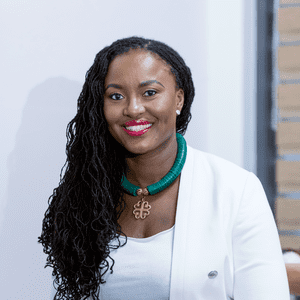
Teki Falconer
Founder & Executive Director
Africa Digital Rights' Hub
Teki Akuetteh Falconer is Founder & Executive Director at the Africa Digital Rights’ Hub. She was the first Executive Director to set up the Data Protection Commission of Ghana and facilitate implementation of Ghana’s Data Protection Act until her exit in July 2017. She is also a Senior Partner at Nsiah Akuetteh & Co. a law firm based in Accra, Ghana that specializes in information technology and telecommunication law in Africa.
She is a privacy and data protection consultant and had previously worked for the Government of Ghana in the development of several key legislations for the ICT sector including the Data Protection Act, 2012 (Act 843), Electronic Communications Act, 2008 (Act 775) and Electronic Transactions Act, 2012 (Act 772). She has worked in various capacities with regional bodies such as ECOWAS.
She is a member of the UN Global Pulse Privacy Advisory Group, the UN Special Rapporteur for Privacy Taskforce on Health Data Privacy and the advisory committee for the 40th International Conference of Data Protection and Privacy Commissioners.
She holds an LLM in Information Technology and Telecommunications Law from the University of Strathclyde, Glasgow – Scotland, and a Bachelor of Arts in Law and Political Science from the University of Ghana (Legon), Accra – Ghana.

Solomon Okedara
Co-Founder Digital Rights Lawyers Initiative
Solomon is a strategic litigation lawyer with a robust interest and proven expertise in Freedom of Expression, Digital Rights, Cybercrimes and Human Rights litigation. He has litigated on Digital Rights and Freedom of Expression subjects in courts across Nigeria up to the Supreme Court and he has conducted cases at the ECOWAS Court among others. In 2020 he was recognized as one of the Top 50 Individuals Leading in Legal Innovations in Africa at the Africa Legal Innovation Awards. He was also specially recognized as a Finalist at the 2018 Global Freedom of Expression Prize of Columbia University.
Solomon currently serves as a Legal Researcher with Columbia University in the city of New York for the ivy-league school’s Global Freedom of Expression project where he analyses judgments bothering on Freedom of Expression subjects covering over 120 jurisdictions across the world including United States, Europe, India, and Africa among others.
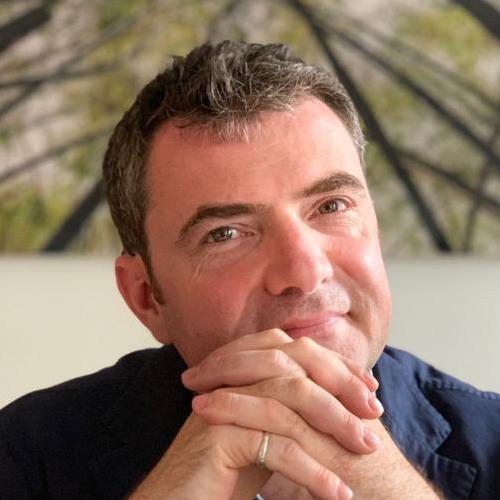
Dr. Emrys Schoemaker
Research Director Caribou Digital
Emrys SCHOEMAKER has been with Caribou Digital since 2014, leading research on identification systems, digital media and the use of digital technology in daily life. His work on ID systems focuses on identifying user value, the political economy of ID ecosystems and ID systems for humanitarian and development goals. He has conducted research on digital identification in India, for refugees and the humanitarian sector, and has developed a tool to map identity ecosystems. He is currently advising the British and Governments DFID, conducting research for the Australian DFAT and advising UNHCR on their digital ID strategy.
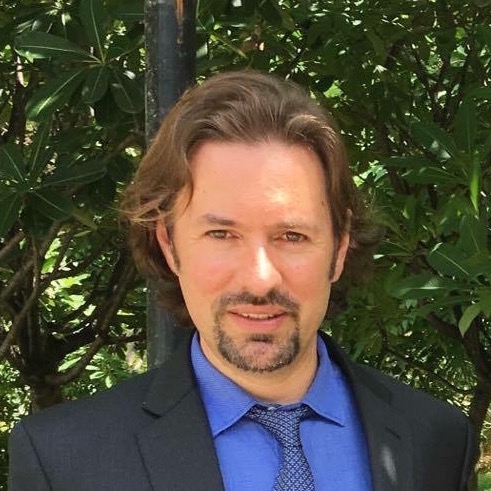
Dr. José Arraiza
Legal Identity and Exclusion Researcher UNDP & OHCHR
Dr. José María Arraiza (PhD, Åbo Akademi University) is an independent scholar researching on legal identity and exclusion for the UN Legal Identity Agenda Taskforce. He worked at field level for the UN in ensuring vulnerable communities’ access to the new digital civil and voter registries created in Kosovo (1999-2000) and East Timor (2001) after both conflicts. Between 2015 and 2019 he helped to implement a Norwegian Refugee Council project which facilitated the issuance of half a million official identification cards to conflict-affected communities in Myanmar through mobile teams.

Bridget Andere
Africa Policy Associate Access Now
Bridget is an Access Now Africa Policy Associate. She is an Advocate of the High Court of Kenya and has previously worked in the private sector as a litigator. She is also a Member of the Chartered Institute of Arbitrators (UK and Kenya Chapters). Bridget holds an Llb. from the University of Nairobi.
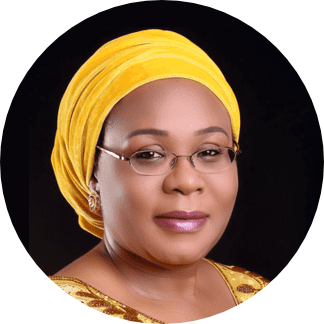
Hadiza Ali-Dagabana
General Manager of Legal, Regulatory & Compliance Services, and Commission Secretary NIMC
Hadiza Ali Dagabana joined NIMC in 2008 to establish the Regulatory and Compliance Department. She is currently General Manager for Legal, Regulatory & Compliances Services, and is Secretary to the Commission. Hadiza has over 26 years’ experience in corporate legal practice and is an active Member of the ID4Africa Movement; Secure Identity Alliance; Nigerian Bar Association; Federation of Women Lawyers and the International Bar Association. She has served extensively in legal capacity for the Nigerian government, holding roles such as Senior Counsel at the Bureau of Public Enterprises and Legal Advisor at Transcorp. Hadiza is widely accomplished academically; holding degrees and certification from a number of international and regional institutions.

Previous episodes:
EP 21: Morocco & Lesotho Reports
EP 20: South Africa & Lesotho Reports
EP 19: Nigeria & Rwanda Reports
